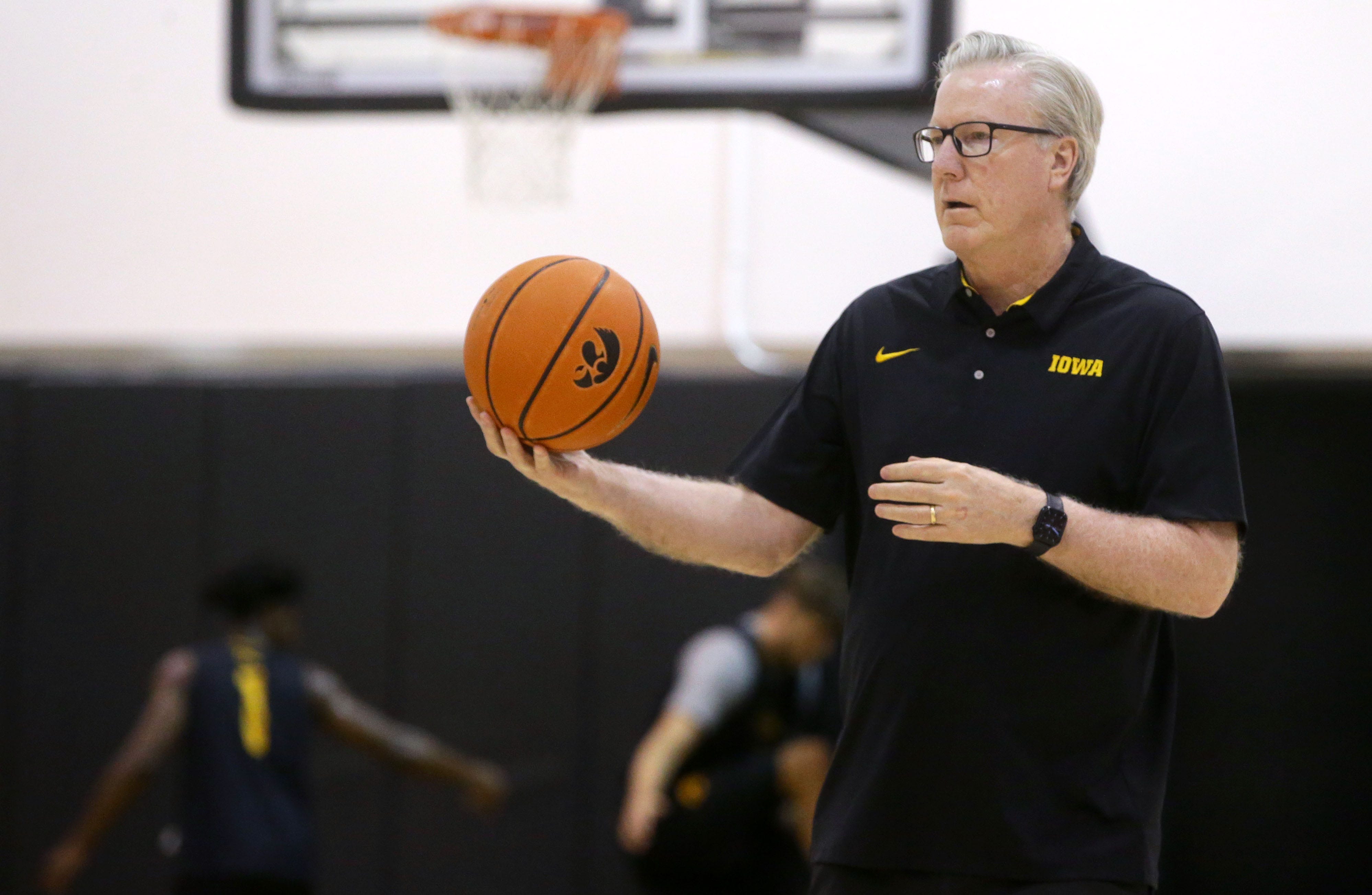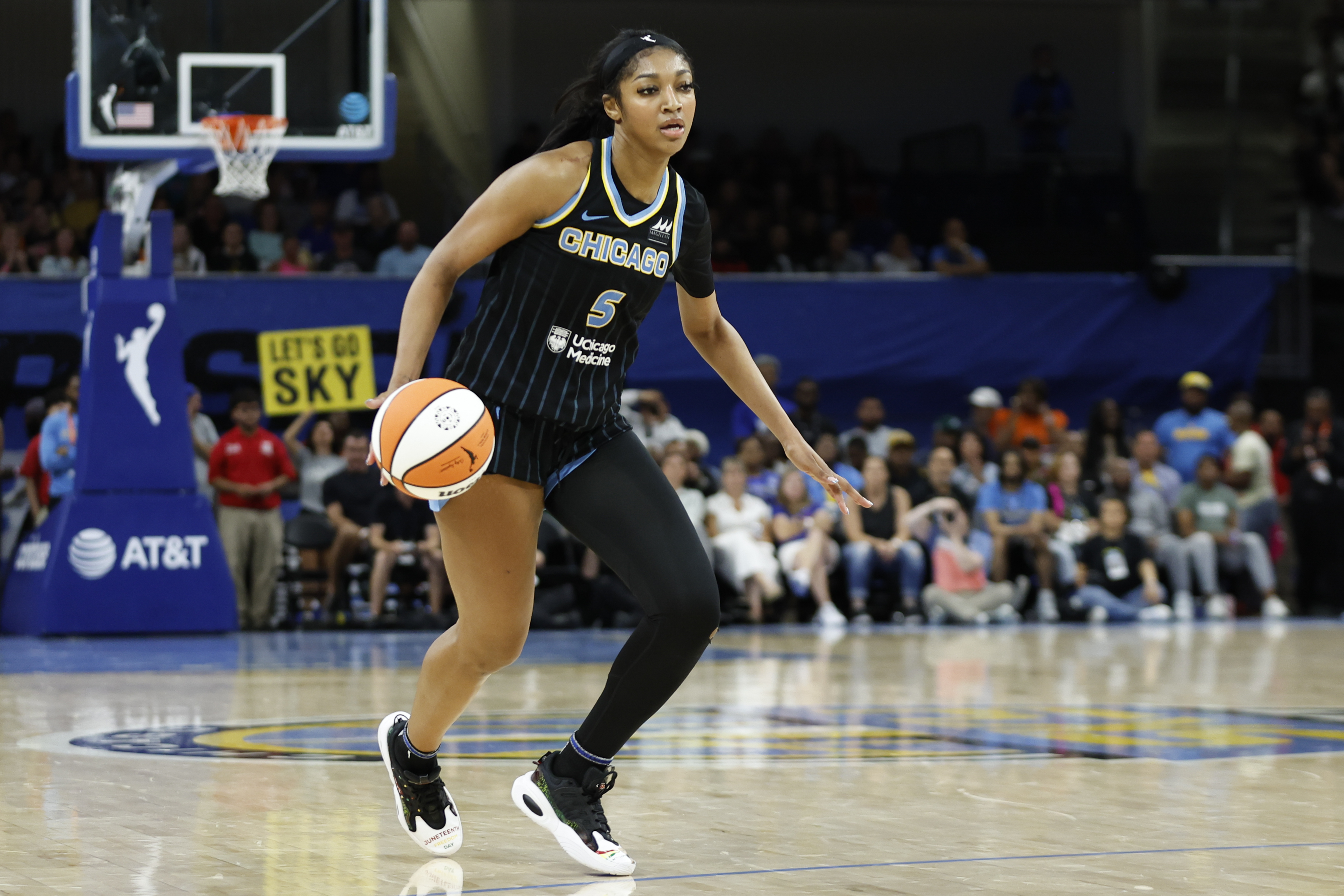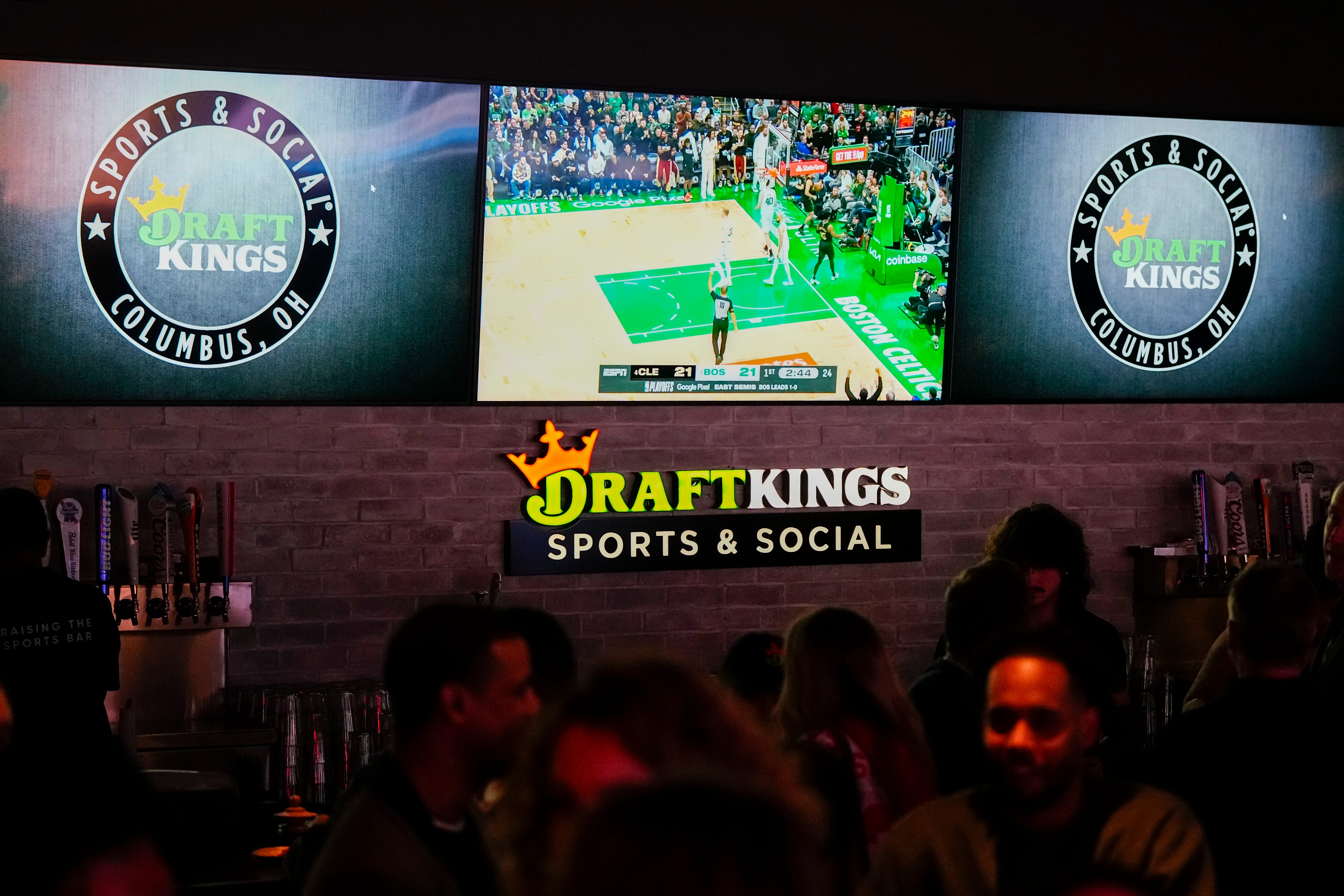Illinois Senate Passes Bill to Raise Taxes on Sports Betting Industry

The Illinois Senate has approved a progressive tax rate structure for sports betting operators in Illinois, potentially increasing the contributions of top sportsbooks to state and local funds in need.
The state Senate approved a tax increase for legal Illinois sports betting providers on Sunday night, anticipating that it will be passed by the House of Representatives and signed into law by Gov. JB Pritzker.
Illinois currently taxes its sports betting providers at a relatively low rate of 15%, but under the new plan, tax rates for the most successful sportsbooks in terms of revenues could potentially increase to 40%.
Currently, sports betting operators in New York are subject to a 51% tax rate, while operators in Pennsylvania face a 36% tax rate. In contrast, Illinois is considering implementing a progressive/graduated tax rate for sports betting, which will be outlined in detail.
Illinois has become a leading jurisdiction in legal sports betting thanks to its sports betting apps and retail providers. In March, the state’s top sportsbooks accepted over $1.26 billion in bets and reported revenue exceeding $100 million. In 2026, these providers collectively generated over $1 billion in revenue. The popularity of Illinois sportsbook promos among residents is evident.
Lawmakers are now asking them to increase their tax contributions to the state.
House Bill 4951
On Sunday, the Illinois Senate approved HB 4951 with a vote of 37-22, setting the stage for a “progressive” tax system for state providers based on the revenues generated by participating sportsbooks. The tax rate increases as earnings increase.
The bill proposes replacing the current flat 15% tax rate with a graduated tax system. Under the new system, adjusted gross revenue up to $30 million would be taxed at 20%, revenue between $30 million and $50 million would be taxed at 25%, revenue between $50 million and $100 million would be taxed at 30%, revenue between $100 million and $200 million would be taxed at 35%, and revenue exceeding $200 million would be taxed at 40%.
Illinois would become the first state to implement a completely progressive tax rate for its sports betting industry with the passing of HB 4951.
Hurting the big guys?
Similar to other states in the U.S., FanDuel and DraftKings are the major players in the Illinois market. In March, FanDuel brought in 41.5% of the state’s sports betting revenue, while DraftKings accounted for 33.4%. It is safe to say that if the House Bill is passed, these two giants will be paying significantly more in taxes.
Both have surpassed $200 million in revenue in Illinois and will be subject to the highest tax rate on a portion of their earnings.
A change was made on Saturday before the Sunday vote to separate the tax rates, so that only revenues exceeding $200 million would be subject to the maximum tax rate. The first $30 million would continue to be taxed at 20%, the next $20 million at 25%, and so forth. Revenues over $200 million would be taxed at 40%.
Ruffling some feathers?
There have been ongoing rumors in Illinois about a potential tax rate increase for sports betting apps and retail providers. Governor Pritzker has been advocating for raising the tax rate from 15% to 35% for a while now. It is possible that a similar plan with the same goal of increasing taxes on state providers may be signed into law in the near future.
Certain providers in the state are dissatisfied with the decision and the backing that lawmakers have shown for this price increase. The Sports Betting Alliance, consisting of Illinois sportsbooks DraftKings, FanDuel, BetMGM, and Fanatics, is among the groups that have voiced concerns about the drawbacks of this hike.
According to SBA president Jeremy Kudon, if this becomes law, underscoregs in the industry will need to reconsider their investment and involvement in the state.
Price of doing business
Illinois state operators may not be happy about the proposed tax increase for the top sports betting apps, but it seems like it will simply be a cost of doing business. Despite this, underscoring apps are doing well, and the state is looking to have them contribute more for the opportunity to operate in one of the top legal sports betting jurisdictions in the country.
Ohio increased tax rates on its legal sports betting industry last year, Illinois is close to raising its tax rate on providers, and other states across the country are also considering tax hikes on sports betting.
As the industry continues to grow rapidly, it’s not just legal sports betting providers seeking to profit from it. State and local governments are also indicating their plans to capitalize on the trend.







